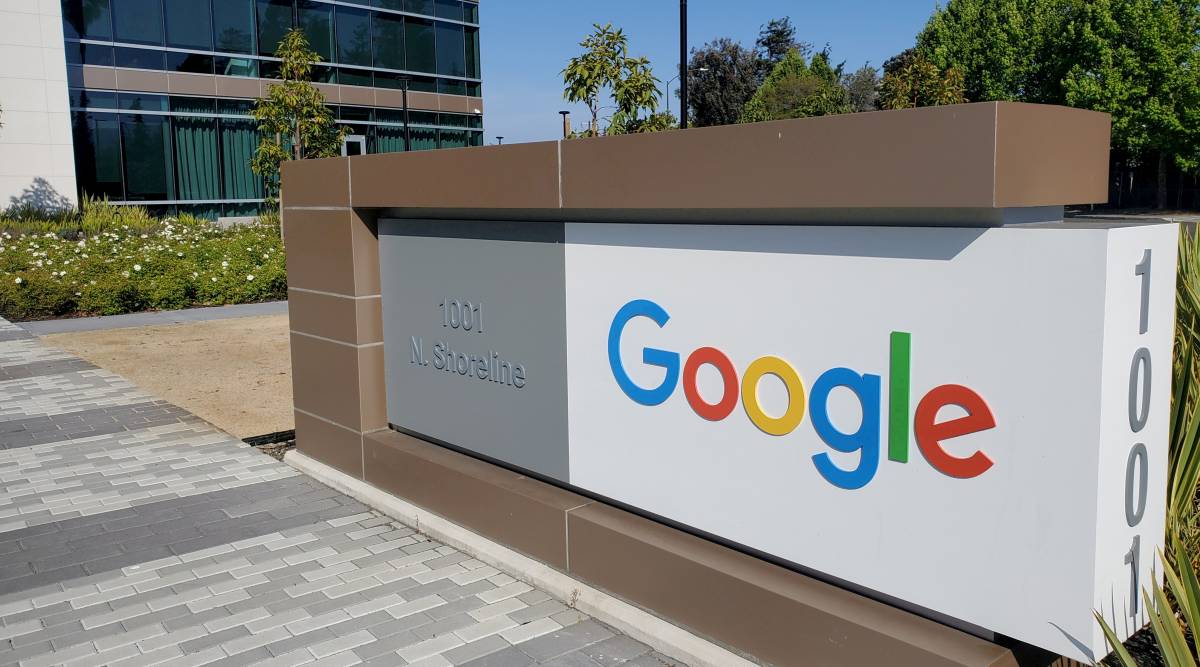Pixel 4 Deceptive Marketing Costs $8 Million Settlement For Google
Google Pays $8 Million Settlement For Lawsuit of Pixel 4.

Over allegations of deceptive marketing practices for the Pixel 4 smartphone, Google has agreed to pay $8 million as compensation. Google decided to pay compensation after a class-action lawsuit was filed against the company in 2020, alleging that the company had falsely advertised the camera capabilities of its Pixel 4 device.
Google And Marketing Practices:
The lawsuit alleged that Google had misled consumers by claiming that the Pixel 4 had a “switch to camera” feature that allowed for quick and easy camera access and “unlimited” storage for photos and videos taken with the device. However, the lawsuit claimed these claims were deceptive and misleading. The “switch to camera” feature did not work as advertised, and the “unlimited” storage was subject to certain limitations.
To settle the lawsuit, Google agreed to pay $8 million and will cover all consumers who purchased a Pixel 4 device in the United States on or before August 3, 2020. The company has also agreed to modify its deceptive marketing practices for future products. The company has decided to provide consumers with more information about its devices’ features and capabilities and ensure that its marketing claims are accurate and not deceptive.

For Google, the settlement represents a significant financial penalty. Although $8 million is a comparatively small amount for a larger company like Google, the compensation could still noticeably impact the company’s consumer interest. Additionally, the negative publicity surrounding the settlement of deceptive marketing could damage Google’s reputation and lead to a loss of consumer trust, which could have long-term economic implications for the company.
The settlement comes at a time when tech companies are facing increased scrutiny over their deceptive marketing practices. Several other major tech companies, including Apple and Amazon, have also faced lawsuits over alleged false advertising and deceptive marketing practices. According to sources, the company stated that it would work towards improving its marketing practices by avoiding deceptive images and provide helpful consumer service with information regarding the features and capabilities of its devices.
Pixel 4 Lawsuit:
The Pixel 4, which was released in 2019, was Google’s flagship smartphone at the time. Marketed as one of the best devices, Pixel 4 was illustrated as having features such as Night Sight mode and astrophotography capabilities. However, the device received mixed reviews from consumers and tech critics. Some praised the device’s camera capabilities, while others criticized its battery life and lack of storage options.
![]()
The lawsuit against Google highlights the importance of transparency and accuracy in marketing practices. Consumers rely on the claims made by companies in their marketing materials, which are often deceptive, when making purchasing decisions. Companies need to ensure that these claims are accurate and not misleading.
The settlement could have positive economic implications for consumers because it may encourage greater transparency and accuracy in tech companies’ marketing practices. By holding companies accountable for deceptive or misleading claims, consumers will be able to force the companies to reduce deceptive advertisements and thus reduce customers’ financial loss through such advertising capabilities.
Settlement And The Need for Transparency:
Concerning the recent 2019 guidelines issued by the Federal Trade Commission (FTC), all social media influencers must be transparent regarding their products and if they are involved in a paid promotion. This guideline was issued in light of the current need for transparency in tech companies marketing strategies.
The settlement with Google is a reminder that companies must be careful to avoid making false or deceptive claims in their marketing materials. Such deceptive marketing strategies have the potential for a negative impact on the company’s reputation, loss of consumer trust, and, in the worst cases, can lead to legal consequences, as seen in this situation.
However, the settlement could also have negative economic implications for consumers who purchased the Pixel 4 based on Google’s false or deceptive claims. These consumers may have paid for the device, believing it had features and capabilities it did not possess. This $8 million compensation would help the consumers reimburse a part of their loss. However, it might not wholly refund the cost they paid.
Implications Of The Lawsuit On Tech Companies:
Although Google agreed to settle the lawsuit with $8 million compensation, it may lead to some disturbances in the economy of the tech industry as a whole. The marketing strategies of companies that are false and deceptive at times no longer remain unknown to the customers. With advanced information about technology and media, they may be more cautious when making purchasing decisions, which could have a dampening effect on consumer spending in the tech sector.
If the settlement leads to a loss of consumer trust or adverse publicity for Google, it could potentially impact the company’s sales and revenue growth in the short term. However, the long-term impact of the settlement on Google’s CAGR will depend on a variety of factors, including the company’s ability to maintain and improve its brand reputation, its ability to develop and market new products, and broader market trends and economic conditions.

It’s worth noting that Google is a large and diversified company with a broad range of products and services. Although the impact of the Pixel 4 settlement on the company’s overall CAGR may be relatively small, the issue questions a consumer’s reliability on the company’s products. Additionally, Google has a strong track record of innovation and growth; the company possibly overcomes any adverse effects of the settlement and continues to grow over the long term.
However, it is clear that the settlement highlights the importance of transparency and accuracy in marketing practices and underscores the potential economic implications of false or deceptive advertising for both companies and consumers.
Proofread & Published By Naveenika Chauhan




